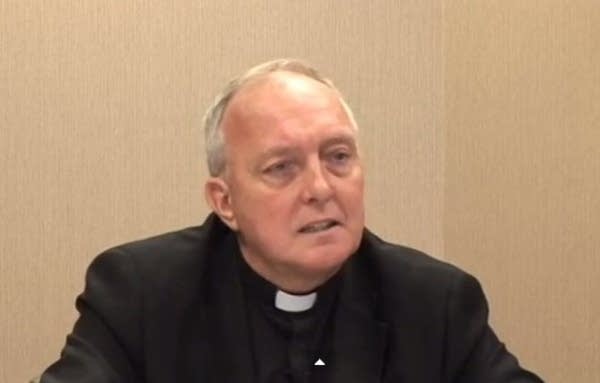Video: Former church official disputes archbishop's clergy abuse testimony

The Rev. Kevin McDonough answered questions about his involvement in the Archdiocese of St. Paul and Minneapolis' handling of clergy sexual abuse during an April 16, 2014, deposition. The questioning comes as part of a lawsuit brought by a man who says he was sexually abused by the Rev. Thomas Adamson in the 1970s.
Video courtesy of Jeff Anderson and Associates
Go Deeper.
Create an account or log in to save stories.
Like this?
Thanks for liking this story! We have added it to a list of your favorite stories.


